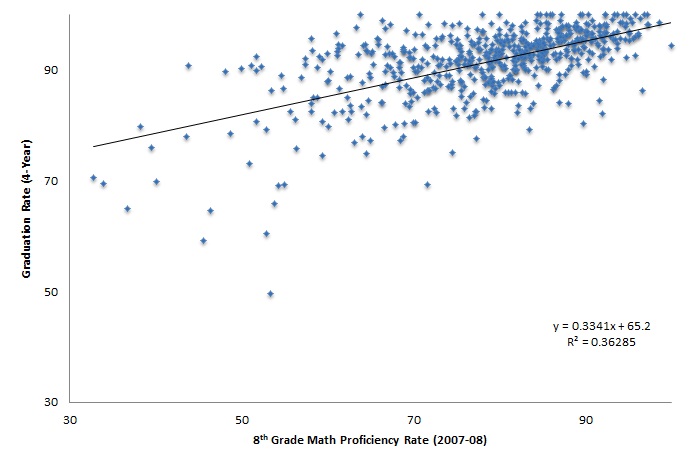To all of my in-state readers, how many of you remember the two weeks in the spring when we got to take the Pennsylvania System of School Assessment or more commonly known as the PSSAs. Even if you are from out of state or international, I am sure you had some version of a test that tested core curriculum skills in school and when applying to colleges.
In the United States, standardized tests have been used as early as the mid-1800s to assess a student’s proficiency/readiness and to aid administrative/policy decisions. In 1899, the College Entrance Examination Board (now known as College Board) was formed to provide a quantitative measure of whether or not a student is ready for college; the test that is now known as the SAT was first administered in 1926.
However, it wasn’t until the No Child Left Behind Act in 2001 that standardized testing became the norm in every grade level. Although the emphasis has been taken away in the past decade with the Every Student Succeeds Act, standardized testing is still a very common practice in schools across the country. But, do we really need these tests?
Some say yes, arguing that it provides a universal standard to make it easier to evaluate specific geographic areas, schools and even teachers.
Most tests are multiple choice tests, which means they can be administered fairly in schools with different curriculum at a lower cost to the state. The results offer quantitative evidence of students’ academic progress, which could then provide valuable insight into whether the curriculum is effective and hold school administrators, policymakers and teachers accountable for inadequate performance. More importantly, if standardized tests are used constructively, they can lead to “higher standards” in curriculum and give all students valuable problem-solving, time-management and critical thinking skills for college and career.
However, there is another side to the story. First of all, standardized tests assume that all students learn and behave the same. By focusing on a very narrow curriculum, the tests fail to recognize that the same students who test poorly may excel in other areas such as the arts or have learning disabilities without the proper aid to demonstrate their skills. Additionally, despite being a “fair” examination, many standardized tests can be considered discriminatory. One study done on college admissions found that the SAT and ACT often discriminate against low-income and minority students who may not have access to tutors and well-funded schools.
As such, according to Mark Kantrowitz, the study’s author, academically talented students are faced with a barrier due to the not-so fair standardized tests.
Standardized tests are most likely to stay in classrooms, but there have been many changes to curriculums and college admissions in recent years. With more colleges continuing to stay test-optional after the pandemic and school administrators finding new ways to test students’ abilities, we must continue to ask ourselves: do we need standardized tests?



I remember taking the PSSAs used to be kind of fun, and I usually did really well on them. It was a low-stress week with no homework, free candy, and shortened days. However, the SATs were much different because so much emphasis was placed on them determining the future. I think that summing up how smart someone is in one number is really stupid and inefficient. It doesn’t convey creativity or critical thinking, and for people who aren’t good test takers, it’s a horrible metric. I definitely think that we should phase out standardized tests, maybe instead having an ungraded retention test that reviews what students learned each year and how schooling could be changed to ensure students learn what is important.
I remember the pain of doing standardized tests. I had to study so much using the SAT prep books and basically, memorize the question types and how to answer in a clever way. I totally agree that standardized tests are not fair for all students, especially those who live in low-income states. Additionally, many people are not good test takers and to bar them from going to a certain college or institution because of that is unfair. I think we should remove standardized tests and go for a more holistic approach to colleges.
I never really thought to consider the aspect of socioeconomic status as it affected standardized tests because they push back they receive is usually unrelated to the financial status of the test taker. Regardless, I agree wholeheartedly. I know when I needed to take the SAT, my parents got me a tutoring program fro Kaplan that was quite expensive and it’s understandable that for some, it may not be affordable. I am curious, to what extent to these resources (tutors, programs, etc.) affect the final score in comparison to the education of the parents and other similar factors?